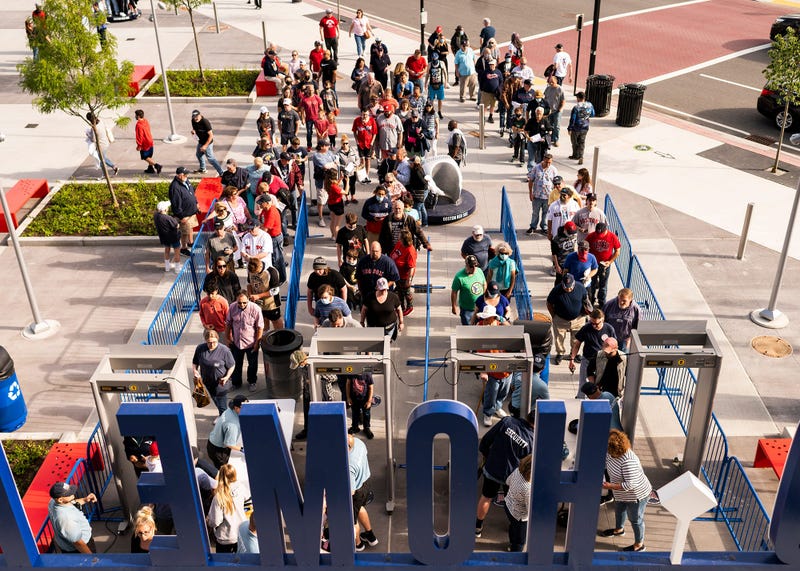Some of the largest cities in the U.S. have recently eased pandemic restrictions ahead of President Joe Biden’s plan to host a large-scale outdoor July 4 event, including Los Angeles, Chicago and New York.
But employment issues, supply chain concerns and a spreading strain of the COVID-19 virus are complicating the reopening picture. As states lift restrictions, labor force issues also mean that life has not returned to its pre-pandemic state in many cases, reported Axios.
Industries such as air travel, rental cars, live entertainment and outdoor recreation – including outdoor pools – need more time to bounce back. Restaurants have also found it difficult to hire post-pandemic, as former industry workers look for more job security and reliable, livable wages, according to Eater.
Some former restaurant workers have moved into other types of work and some still eligible for unemployment benefits have balked at returning to work.
According to the New York Times, 25 states will halt or stop unemployment programs this month. Other jobs employers are having difficulty filling include textile mill workers, long haul truckers, movers, specialty finishing contractors, sawmill workers, mental health workers and veterinarians, according to an analysis by the Washington Post. In some cases, these labor shortages have led to supply shortages.
As of Tuesday California, the first state to announce lockdown restrictions due to the COVID-19 pandemic last year, lifted most of its restrictions.
With California’s reopening, only a handful of states have yet to lift pandemic restrictions, according to the New York Times: Michigan, which is set to open July 1; Washington; which is set to open June 30; and Hawaii, Oregon and New Mexico. While some states, such as Illinois, California and Nevada still have some mask requirements, most states no longer require face coverings at all.
Health risks and increased childcare responsibilities stemming from remote-schooling have led some to work remotely throughout the pandemic. Going forward, 31% of people who participated in a CBS poll said they would like to continue working from home exclusively and another 26% said they would like to work remotely sometimes.
The rapidly spreading Delta variant of COVID-19 further complicates reopening. In the U.K., Delta variant cases have already delayed reopening plans.
Increasing vaccination rates should help keep U.S. reopening plans on track. By June 11, nearly 52% of the U.S. population had received at least one vaccination shot, according to the Centers for Disease Control and Prevention.




